Physiologically, calories don’t count for more at night. You won’t gain weight by merely eating later if you eat within your daily calorie needs.
Still, studies show that nighttime eaters typically make poorer food choices and eat more calories, which can lead to weight gain.
If you’re hungry after dinner, choose nutrient-dense foods and low-calorie beverages.
You may also want to consider eating a higher-calorie breakfast or frequent, small meals throughout the day to manage appetite and stave off late-night cravings.
For most people, going to bed hungry is disastrous for quality rest. So, if you need a snack or late meal before it is time to doze off, try some of these options. These are lower-calorie foods with high nutritional value.
They are considered nutritious and good for sleep health because of the inclusion of tryptophan or their natural ability to raise serotonin or melatonin levels.
You might be surprised by some of these sleep-inducing foods:
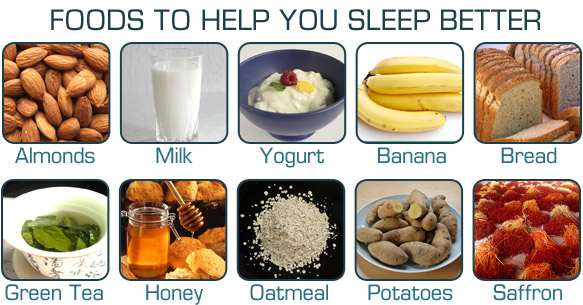
* Oatmeal,
* Whole-grain toast,
* Granola,
* Milk,
* Cheese,
* Cottage cheese,
* Yogurt,
* Walnuts,
* Almonds,
* Hummus,
* Chamomile, ginger and passionfruit tea,
* Honey,
* Cherries,
* Bananas,
* Berries.
Many people worry about gaining weight when eating later than a particular time.
One common suggestion is to not eat after 8 p.m., but advice about eating at night is misleading.
In reality, what you eat is much more important than when you eat.
In fact, studies in humans indicate that it’s not necessarily the time you eat, but how much you eat that matters
For example, a study in over 1600 children found no link between eating dinner past 8 p.m. and excess weight. In this study, late eaters did not appear to consume more total calories.
However, when researchers tracked the eating habits of 52 adults, they found that those who ate past 8 p.m. consumed more total calories than earlier eaters. The extra calories consumed by late eaters could lead to weight gain over time.
Overall, when your total calorie intake falls within your daily needs, weight gain does not appear to happen merely as a result of eating at night.
Here are nine types of food and drinks that you should avoid eating before getting tucked in for the night. Goodnight sleep counts in both weight loss and gain.
- Alcohol
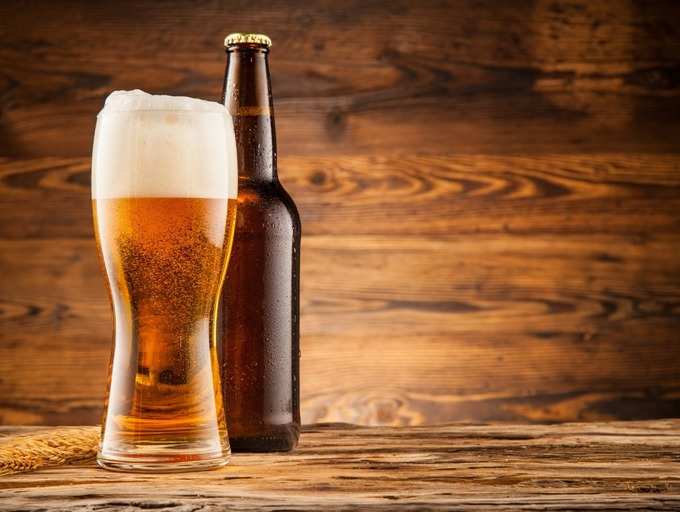
It may seem like a few beers, a couple of glasses of wine or a nightcap help you fall asleep. Yet, there are three solid reasons not to drink alcohol, especially in excess, before going to bed.
* Alcohol probably does help you doze off, but it interrupts the natural sleep cycle later on during the night. This can decrease the amount of restorative REM sleep that you get.
* Consuming alcohol relaxes all the muscles in the body which can exacerbate obstructive sleep apnea and loud snoring
* The oesophagal sphincter is a muscle that is also affected by alcohol. When it relaxes, it tends to cause acid reflux.
- Heavy Foods
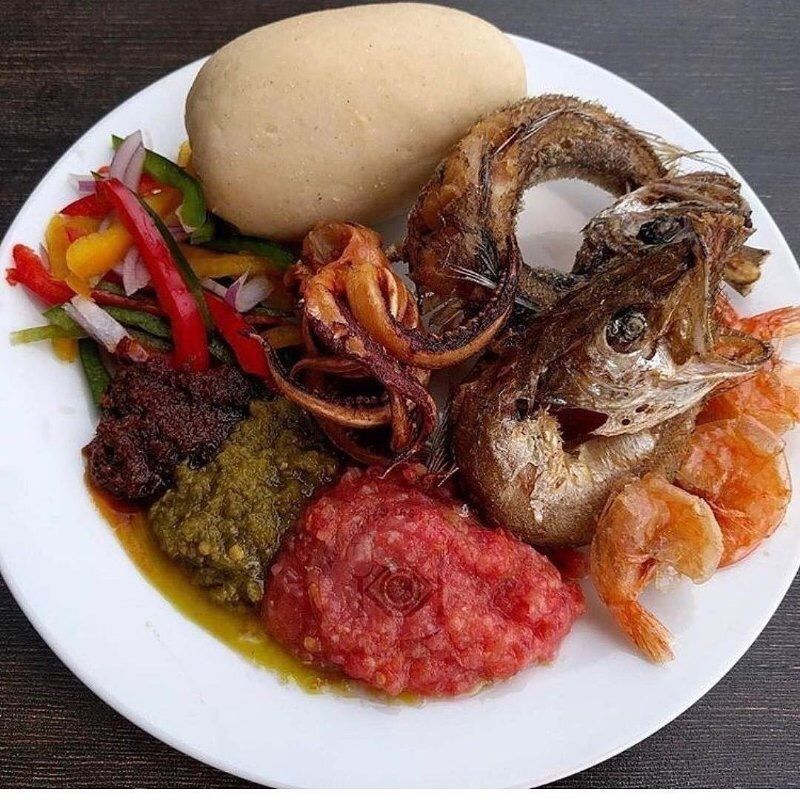
Meals that seem to weigh on your stomach actually take longer to digest. Fatty, cheesy and fried foods can lead to indigestion and keep you up at night. Avoid things like cheeseburgers, fries, fried foods and large steaks late in the day.
- Foods with High Water Content
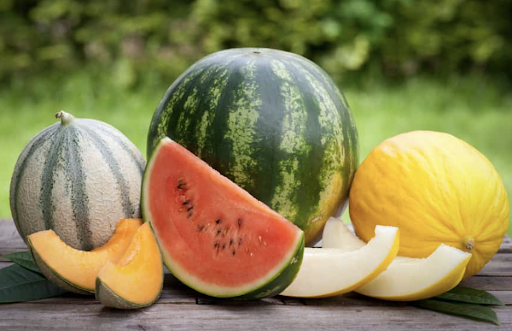
Getting up to go to the bathroom can really disrupt your rest. Of course, drinking plenty of water is an important part of staying healthy, but you want to avoid getting a full bladder in the middle of the night. It is best to steer clear of foods with high water content, including nutritious ones. This includes celery, watermelon, and cucumbers.
- Foods with Hidden Caffeine
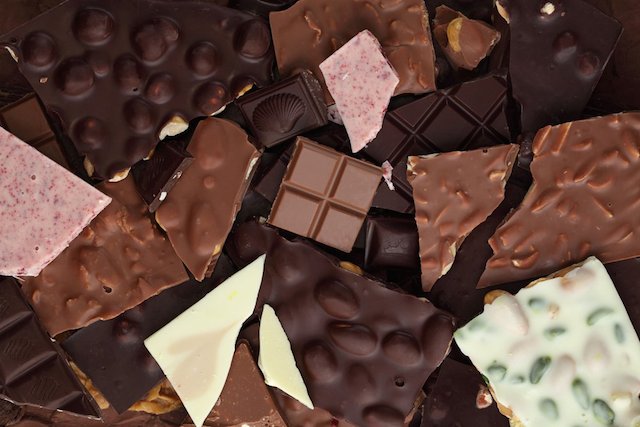
Check the nutrition labels. Many foods have caffeine, even when you may not expect it. Tea and soda are usually caffeinated unless labelled otherwise. Plus, some ice creams and desserts have espresso, coffee, or chocolate. Chocolate other foods with caffeine act as stimulants. They make it more difficult to slip into the deeper stages of sleep and decrease the amount of REM sleep you would normally get.
- Super Sugary Treats
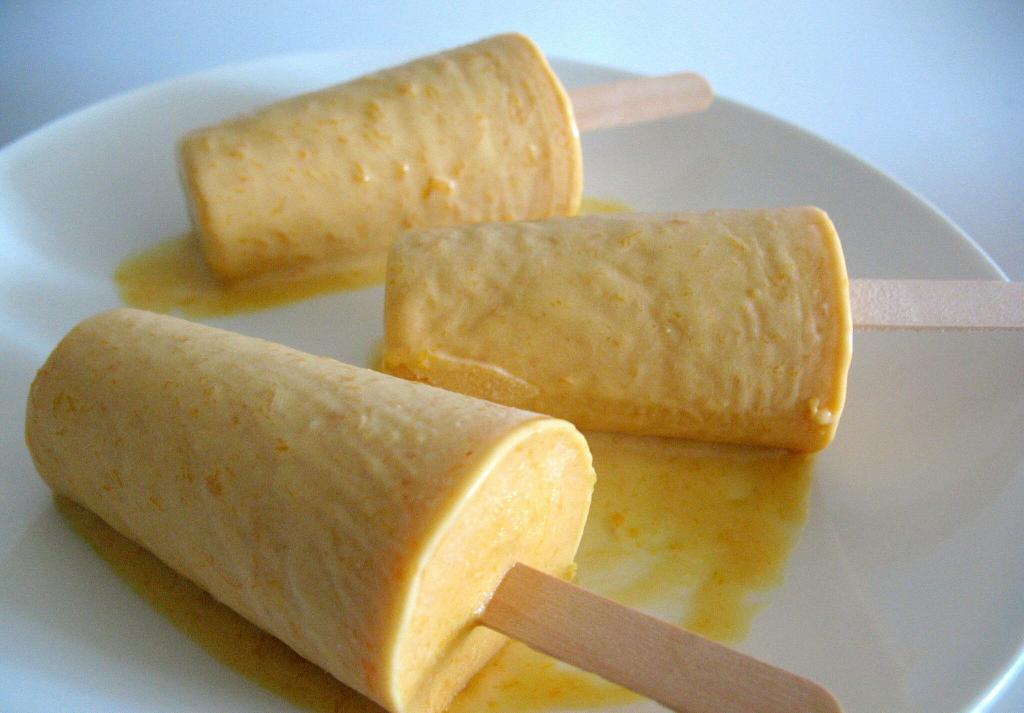
Insulin yo-yos wreak havoc on sleep patterns. That is why you should avoid overly sugary snacks which can cause your blood sugar to spike, then crash. Sugary cereals, desserts, and candy are not good nighttime treats for this reason.
- Tyramine-Rich Foods

To increase sleep quality, specialists recommend cutting out foods that have a high amount of tyramine later in the day.
This amino acid causes the brain to release a natural stimulant that facilitates brain activity. This can make falling asleep more challenging. Foods that are rich in tyramine include tomatoes, soy sauce, eggplant, red wine and aged cheeses.
- Spicy Foods
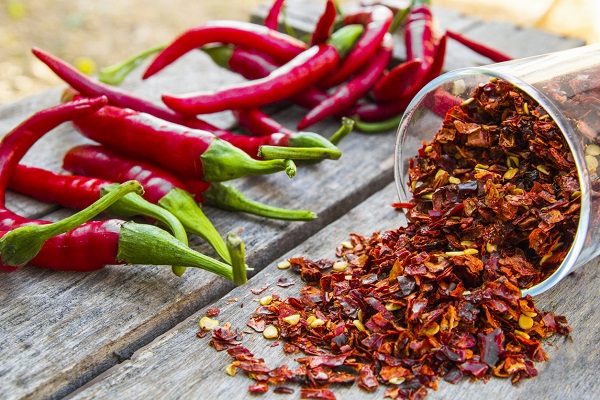
Anyone with heartburn knows that spicy dishes can lead to problems at night. Well, there is another reason to avoid them. Naturally, your body temperature should be lower to facilitate sleep, however, hot peppers can boost your body’s temperature. Feeling hot can actually make you lie awake for longer. If you love food with a kick, try eating it at breakfast or lunch, instead of dinner.
- Acidic Foods

Another trigger for acid reflux is – no surprise – highly acidic food. Things like citrus juice, raw onion, white wine and tomato sauce can disturb sleep by making heartburn worse. That is why you may regret eating a slice of pizza before bed.
- Foods that Make You Gassy
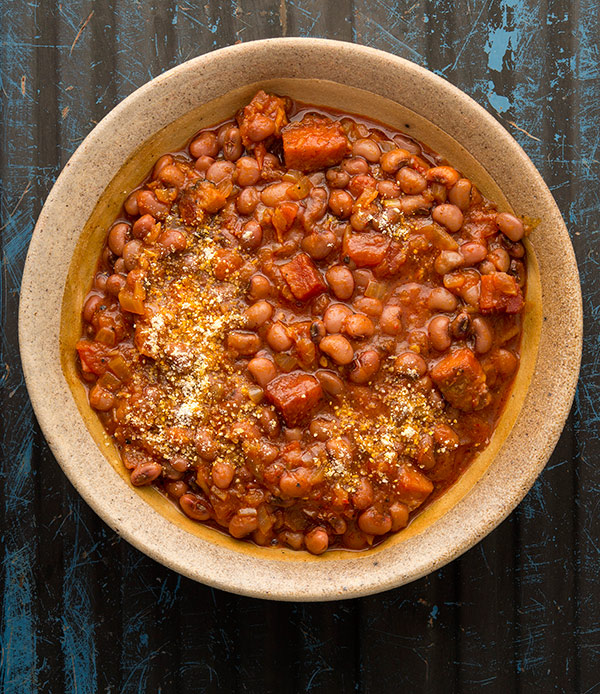
Some types of cuisine could spell disaster for sound sleep. Foods that are difficult to digest and contain a lot of fiber may cause painful gas. Pressure and cramping caused by too much-dried fruit, beans, broccoli, cauliflower, and brussels sprouts can keep you up late. High-fibre fruits and vegetables are great for your body, but not great for sleep; try to avoid them before bedtime.





